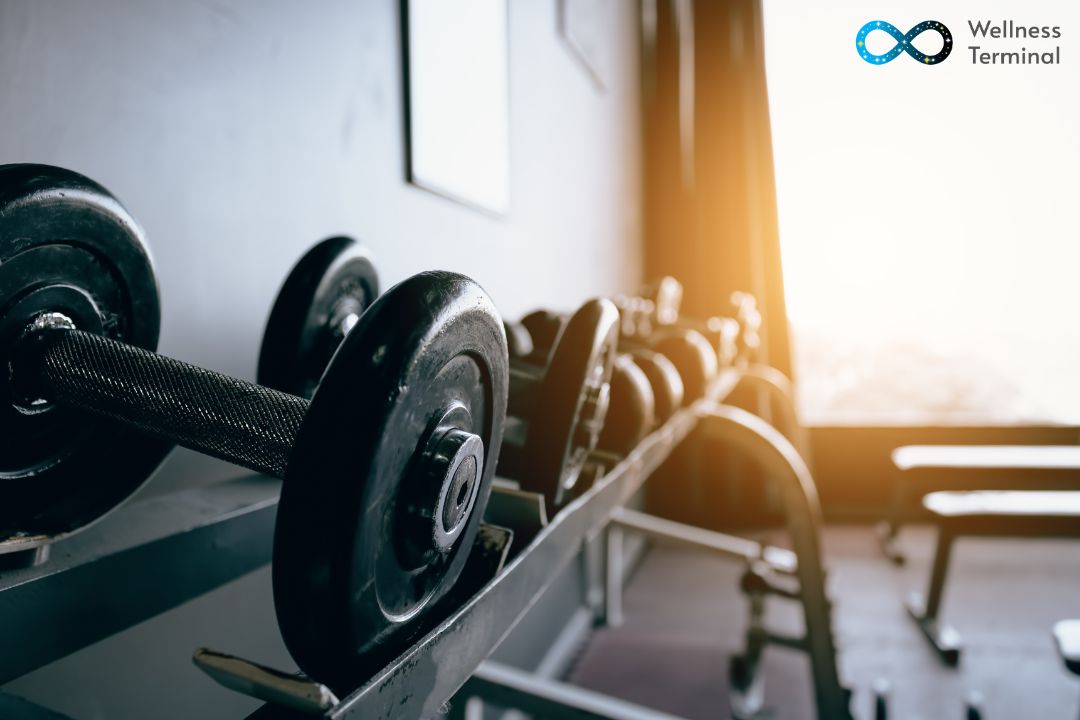The phrase "no pain, no gain" has been popularized in the fitness industry as a motivator to push past one's limits and achieve maximum results. But is this really the best approach to exercise? In this blog, we'll explore the importance of rest and recovery and how it can actually benefit your fitness journey.
Many of us have been taught to believe that "no pain, no gain" is the only way to achieve our fitness goals. We think that pushing ourselves to the limit is the key to success, but this mindset can often lead to burnout and injury.
The truth is, when you work out, you're actually breaking down your muscles. It's during rest and recovery that your muscles repair and grow stronger. Without adequate rest, your body can't properly recover, leading to overtraining, burnout, and even injury.
So how much rest is enough? The answer to that question depends on a variety of factors, such as the intensity of your workouts, your fitness level, and your age. Generally, it's recommended to take at least one or two rest days per week and to switch up your routine to avoid overworking specific muscle groups.
Rest doesn't necessarily mean sitting on the couch all day, though. Active recoveries, such as gentle yoga or light walking, can help improve blood flow and reduce soreness without putting too much stress on your muscles. It's important to note that rest and recovery aren't just important for avid gym-goers. Even if you're just starting out with exercise or have a less intense routine, taking rest days and focusing on recovery can help prevent burnout and injury, and improve overall health and fitness.

Another important aspect of recovery is nutrition. Your body needs adequate fuel to repair and rebuild after a workout. Make sure you're consuming enough protein, which helps build and repair muscle tissue, as well as healthy carbohydrates and fats for energy and overall health.
In addition to the physical benefits, rest and recovery can also improve your mental health. Overtraining and burnout can lead to feelings of frustration, anxiety, and even depression. Taking time to rest and recover can help reduce stress and improve overall wellness. It's important to listen to your body and not push yourself too hard, as exercise should enhance your life, not detract from it. Incorporating rest and recovery into your fitness routine can help you achieve your goals while also prioritizing your health and happiness.
So, next time you're tempted to push through the pain, remember that rest and recovery are just as important as the workout itself. Give your body the time it needs to repair and grow stronger, and you'll see better results in the long run.

